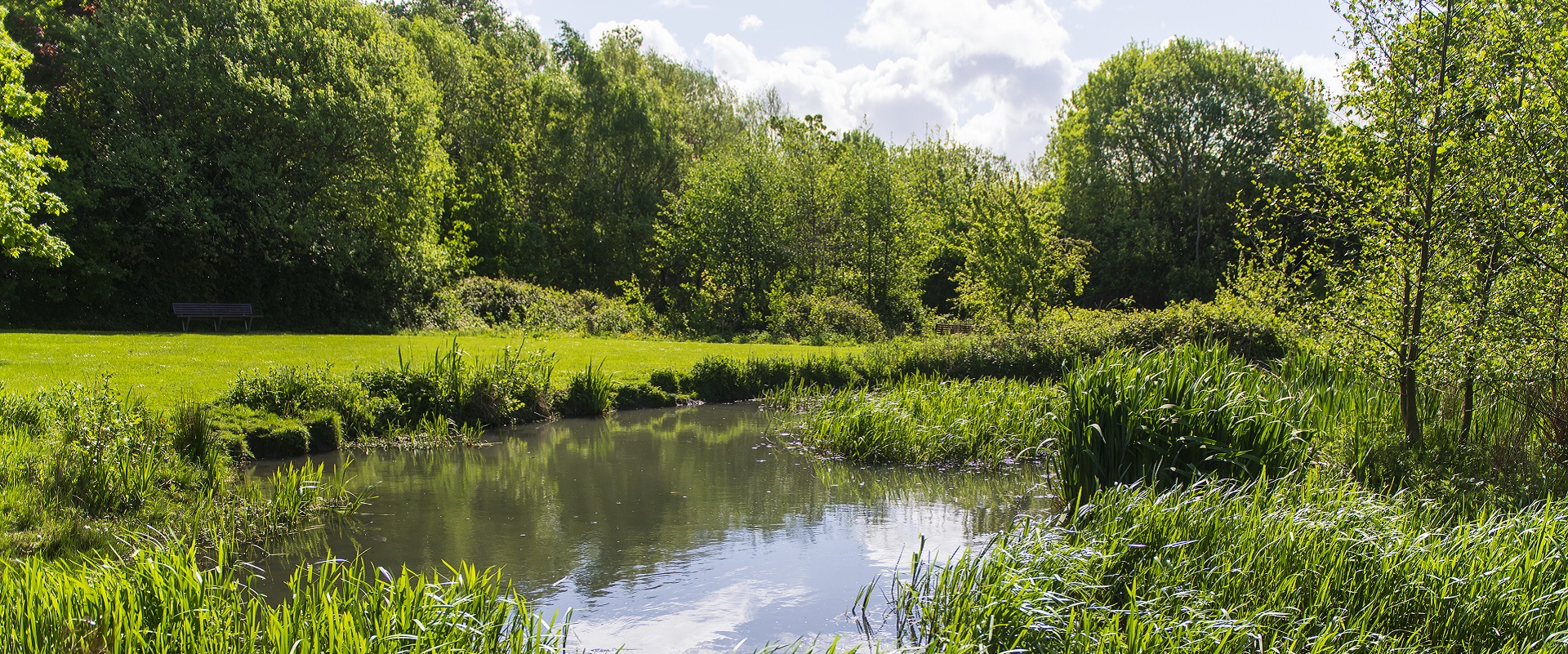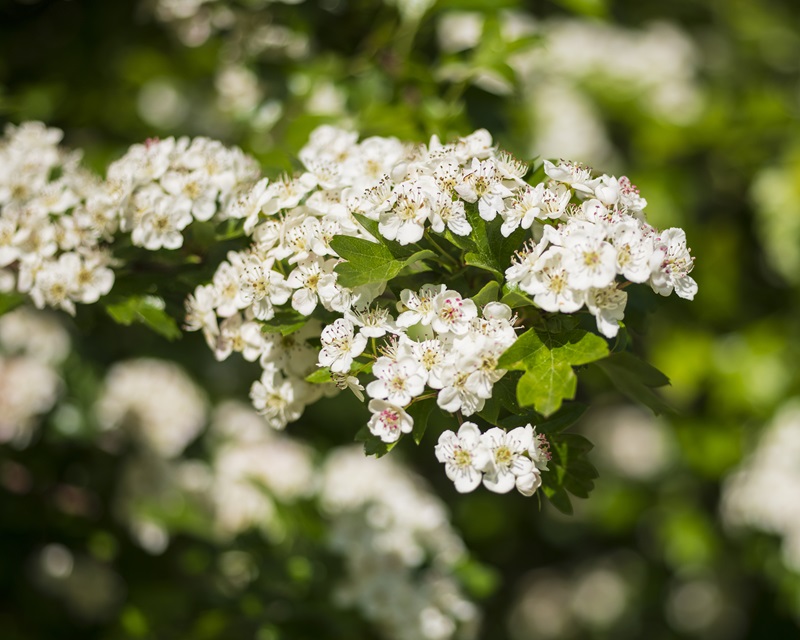
Biodiversity
Biodiversity loss is a global emergency and a direct threat to our life support systems and well being. Biodiversity is inextricably linked with climate change and our solutions to it.
Overview
Biodiversity is the variety of habitats, animals, plants, and microorganisms that make up our natural world. It is crucial to our life support system and is being rapidly lost due to overexploitation, habitat destruction, pollution, climate change and the spread of invasive species.
Sustainable Development Goals 14 and 15 of the 2030 Agenda for Sustainable Development require us to protect, restore and promote sustainable use of terrestrial, marine and freshwater ecosystems.
UCD is very active and influential in biodiversity-related research and policy and offers a range of relevant courses at undergraduate and graduate level. Our campuses contain rich habitats, many of which are actively managed for biodiversity and for the engagement and education of our community and visitors.
Research, Innovation and Impact
Biodiversity research at UCD is concentrated in the UCD School of Biology and Environmental Sciences and in the UCD School of Agriculture and Food Science, but there are active collaborations for research, innovation, impact and engagement across the university, including with the UCD School of Civil Engineering, the UCD School of Architecture, Planning, Environmental Policy, the UCD School of English, Drama and Film and the UCD School of Geography and through the UCD Earth Institute’s Ecosystems and Evolution theme.
UCD’s researchers study all forms of life, including plants, microbes, insects, fish, bats and deer. They work around the world on how marine, freshwater and terrestrial ecosystems function, how they support our prosperity and well-being, how they are affected by human activity and how they can be protected, conserved and restored.
UCD projects with a biodiversity focus include examining its role in maintaining healthy soil and food production, (opens in a new window)coastal eco-engineering, restoration of wetlands and management of (opens in a new window)deer populations. Through networks such as the (opens in a new window)Environmental Humanities Theme and the (opens in a new window)Animal Studies Network, UCD researchers also critically interrogate relationships between human society, animals and nature and explore how they can be better conceived and managed.
The UCD Earth Institute, iCRAG and the UCD Energy Institute were among the founding members of the (opens in a new window)All-Island Climate and Biodiversity Research Network (AICBRN), which brings together leading research centres across the whole island of Ireland to tackle the climate and biodiversity emergency where a trans-national approach is essential and which has successfully established the major (opens in a new window)SFI Research Centre Climate+.
Members of UCD’s community are actively engaged with policy and practice for the conservation of biodiversity. UCD’s Vice-President for Sustainability Professor Tasman Crowe, for example, is (opens in a new window)Chair of the National Biodiversity Forum, an independent expert group that monitors and advises government on Ireland's approach to biodiversity protection, and has also chaired an advisory group to government on the expansion of Ireland’s network of (opens in a new window)Marine Protected Areas.
Assistant Professor (opens in a new window)Noeleen Smyth, UCD School of Agriculture and Food Science, is Ireland's national scientific authority for the (opens in a new window)Convention on International Trade of Endangered Species (CITES).
Education
Key Schools teaching biodiversity are Biology and Environmental Science, and Agriculture and Food Science, whose undergraduate programmes include (opens in a new window)Zoology, (opens in a new window)Environmental Biology, (opens in a new window)Plant Biology and (opens in a new window)Agri-environmental Sciences.
UCD students can take biodiversity modules across a wide range of subjects, including Biodiversity and Ecosystem Services (Agriculture and Environmental Science), Conservation of Biodiversity: Theory and Practice (Zoology), Global Biodiversity and Heritage (Archeology) and Building Biodiversity (Landscape Architecture).
UCD also offers an MSc in Wildlife conservation and management while Environmental Sustainability is taught at Grad Cert, Grad Dip and MSc level.

Campus Initiatives
Promoting biodiversity is an integral part of UCD’s Strategic Campus Development Plan and we understand the clear connection between the natural environment and the wellbeing of our people.
We are committed custodians of our magnificent 330-acre Belfield campus, which encompasses 40 acres of woodland, with over 50,000 trees, several lakes and themed walks. UCD’s estate also includes the UCD Lyons Farm, which encompasses 250 hectares of rich farm and woodland in Co. Kildare.
(opens in a new window)UCD Green Campus supports our biodiversity management, with a focus on sustaining and strengthening this natural environment for the benefit of our current University community and for future generations and is active in education, research, innovation and outreach for more sustainable farming practices.
The UCD Biodiversity audio trail enables visitors to hear staff and researchers explain how the Belfield campus is managed to support biodiversity. Among those lending their voices are ecologist Dr Adam Kane speaking about birds and gulls, botanist Dr Noeleen Smyth speaking about clover and Dr Brian Tobin on managing urban woodland. The audio also includes steps you can take to support biodiversity at home.
An annual (opens in a new window)Tree Planting Programme has been ongoing since 1998 and in 2023 UCD became the first site in Dublin to plant a mini forest as part of the international (opens in a new window)100 Million Trees project. This forest of 2,000 native trees will grow to be impenetrable, increasing carbon trapping and promoting biodiversity in that area of campus.
Along with its state-of-the-art research facilities, Rosemount Environmental Research Station is home to the Lamb Clarke Heritage Apple Collection. Comprising some 75 different species of Irish apple, this comprehensive collection is an important genetic resource for the development of new apple cultivars and is supported by the Department of Agriculture and Food.
The Rosemount apiary is home to UCD’s honeybees. The apiary is actively managed to produce honey and to pollinate the Rosemount heritage apple orchard and adjacent gardens and parkland. It frequently hosts visits from teaching classes, horticultural associations, various interest groups within UCD but also from schools and other external groups.
As part of the UCD Campus (opens in a new window)Pollinator Plan, based on the All Ireland Pollinator Plan, wildflower meadows have been encouraged to flourish with a diverse range of natural plants and insects.
Hedgerows are left untrimmed during bird nesting season and insect hotels have been added to amenity areas to encourage pollinators.
In March 2019 the School of Agriculture and Food Science established the UCD bumblebee monitoring transect. From March to October bumblebee numbers recorded on a 1.8km route are submitted to the National Biodiversity Data Centre, where the data are used for tracking bumblebee numbers in Ireland over time.
Sedum roofs have been installed on newer buildings such as the Moore Centre for Business, the University Club and Ashfield Student Residences, providing important microclimates for insects and bird life, among other sustainability benefits.
